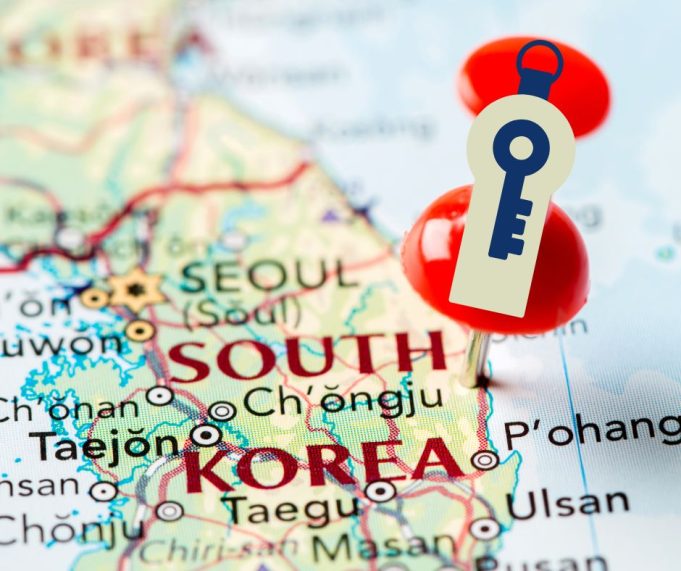South Korea’s Financial Services Commission has provided clarity on how security tokens are defined, bringing the country in line with other jurisdictions in the wider Asia region. According to the new guidance, security tokens are defined as tokens that are digitized using distributed ledger technology. This means that South Korean securities firms and token issuers now have a clear understanding of the regulations surrounding security tokens. The onus is on firms to regulate themselves, providing a framework for the safe and secure issuance of security tokens.
South Korea’s Financial Services Commission (FSC) has released guidance on security token offerings (STOs), clarifying the scope of securities law that applies to them. The guidance is broadly aligned with other regulators such as Singapore and Hong Kong, and should encourage digital asset innovation in South Korea’s capital markets. Before the guidance was released, traditional securities firms had been cautious about entering the market. The FSC’s basic stance is that the securities law may apply to tokens, and the guidance provides clarity on how this should be done. The guidance is expected to provide more certainty and security to investors, as well as open up the market to more participants.
South Korea’s traditional finance players are responding to the country’s new guidance on token securities. Shinhan Investment and Securities, one of the country’s largest securities companies, has invited other companies to join an alliance to inform investors of the benefits of token securities and set standards and best practices for issuing and trading. However, a crypto exchange executive believes that the guidance is not a sign that the regulators are encouraging the crypto industry. The executive believes that the guidance will not have a major impact on the business. The alliance will help investors understand the benefits of token securities and set standards and best practices for issuing and trading.
South Korea is looking to regulate the crypto market, with the Korea Securities Depository (KSD) providing guidance on asset types. An executive from the KSD said that it was important to accurately define asset types before they are made available on the securities market. He also said that he was waiting on the outcome of the U.S. Securities and Exchange Commission lawsuit against Ripple before South Korea moves ahead with regulation. The executive believes that the guidance from the KSD will be beneficial for investors, as it will control the total amount of issued assets and keep an eye on token issuers. This comes after a false disclosure from South Korean gaming company Wemade, which led to major crypto exchanges delisting Wemix.
The Financial Services Commission (FSC) of South Korea has recently announced that crypto players must assess their related tokens to determine if they need to be regulated under the securities regime. Companies that don’t hold securities-related licenses will have to go through the process of obtaining licenses, which can take one to two years. There may be growing pains as businesses and regulators reach agreement on what is and what is not a security, but the FSC provides detailed guidance to help inform that decision and will likely assess each determination on a case-by-case basis.












